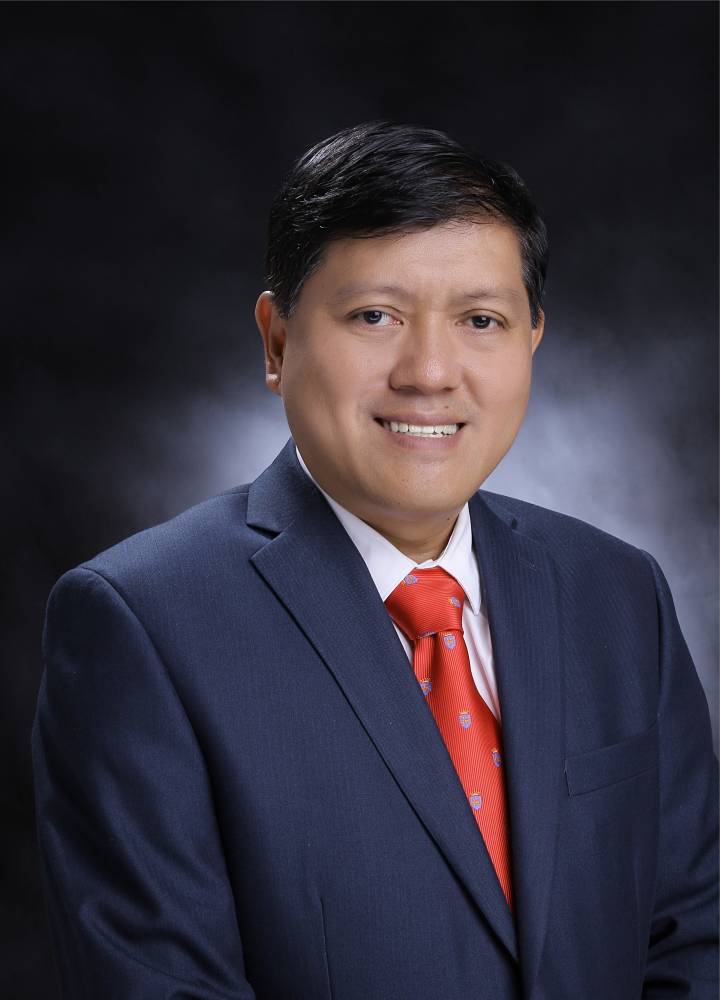The Securities and Exchange Commission (SEC) has partnered with the United Nations Office on Drugs and Crime (UNODC) and Open Ownership (OO) in using its beneficial ownership data (BOD) to promote tax integrity.
Last Sept. 22, the SEC conducted a focus group discussion (FGD) on Beneficial Ownership Data Use in Tax Enforcement, as part of its continued collaboration with the UN body to ensure increased accountability beyond the COVID-19 pandemic.

Key officials from the Bureau of Internal Revenue (BIR), headed by Commissioner Romeo D. Lumagui Jr., participated in the event.
The FGD sought to facilitate cooperation among key stakeholders towards the shared goal of utilizing BOD to strengthen tax integrity and transparency.
A beneficial owner is a natural person who ultimately owns or exercises ultimate effective control over a corporation.
This is different from legal owners as beneficial owners may directly or indirectly have the power to vote or influence transaction decisions of the company, even without them being reported as a stockholder, member, director, or officer.
The SEC requires the declaration of Beneficial Owners in the General Information Sheet through SEC Memorandum Circular No. 15, Series of 2019.
As part of the effort to establish anti-corruption procurement platforms in the Philippines, the UNODC and SEC both acknowledge that tax evasion, often fueled by opaque ownership structures, has negative consequences on a country’s economic stability and social development.
BOD can be used to reveal individuals who ultimately control legal entities and aid in the promotion of tax integrity.
“Taxation is an important element of ensuring the economic stability of a nation,” SEC Chairperson Emilio B. Aquino said.
He added that, "through our cooperation with the UNODC and other government agencies, we hope to find ways to limit tax evasion and aid in the economic development of the nation by maintaining tax integrity.”